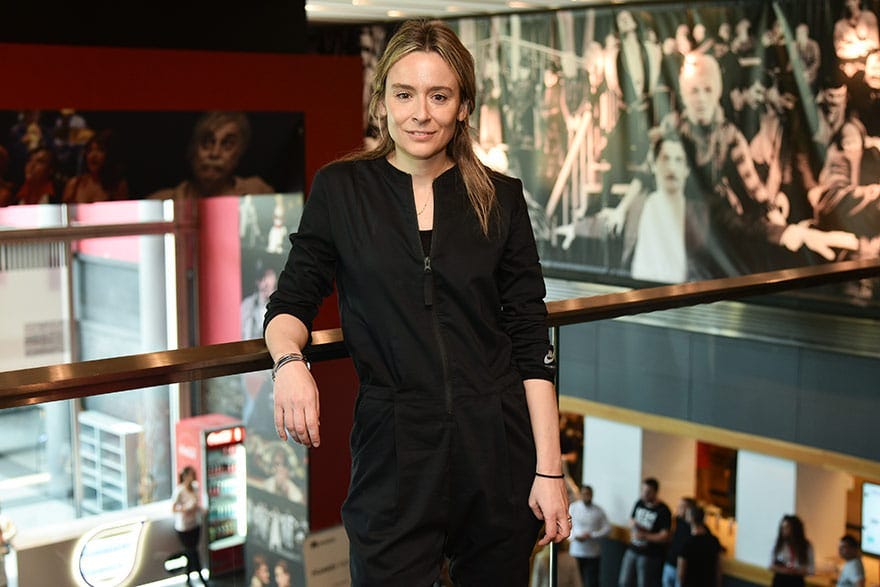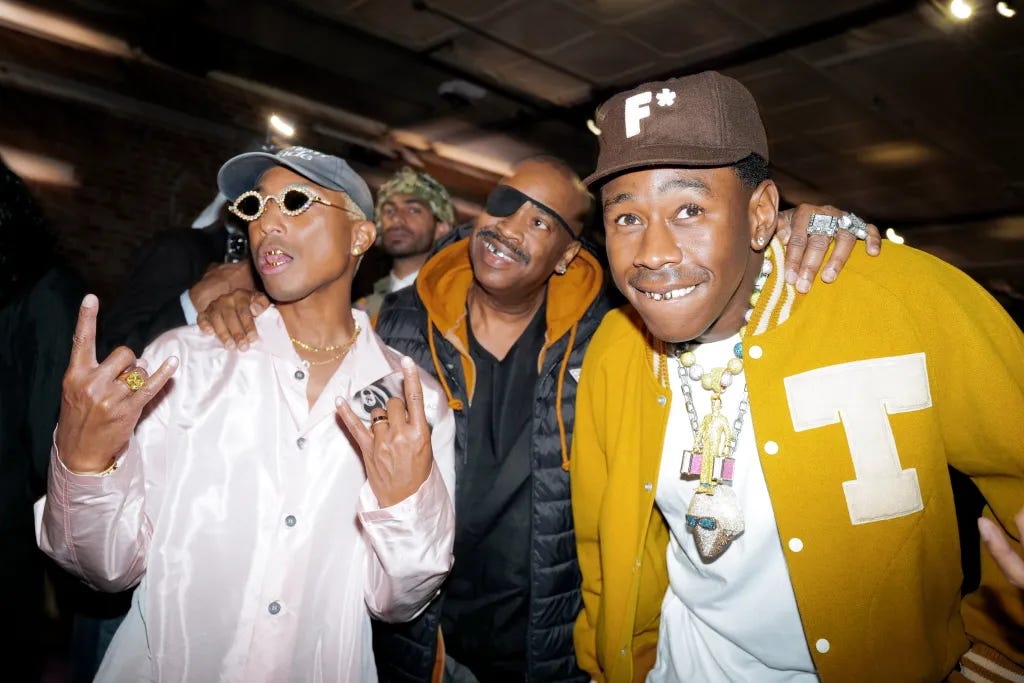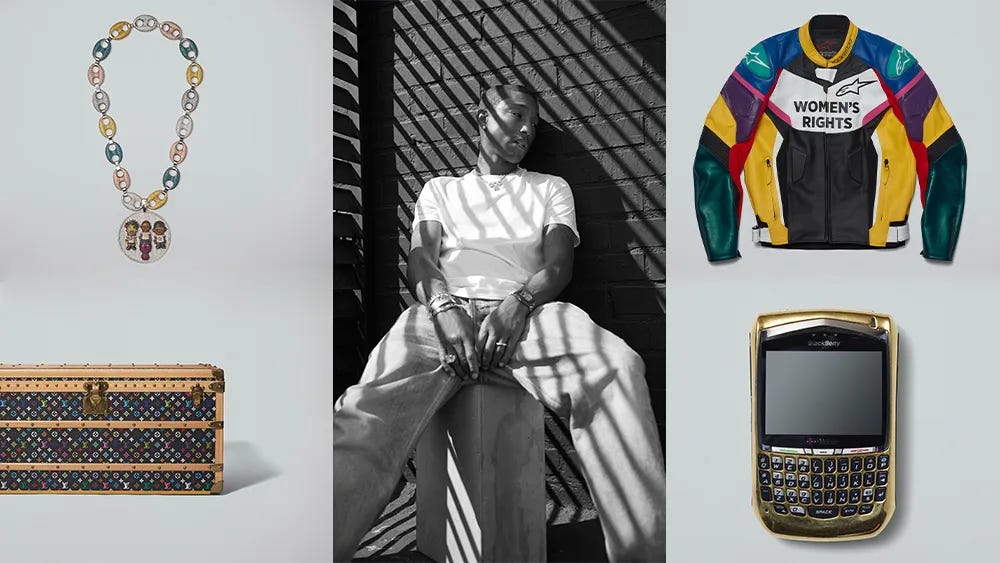Catching up with Ana Andjelic
A conversation with Ana Andjelic (Chief Brand Officer at ESPRIT) about what she's been working on, doing it for the ‘gram, how creative directors became designers, and existing as a modern brand.
Welcome to Commerce Thinking, an ongoing content series where we tell stories about the world's fastest-growing brands and those shaping the new luxury market.
Who is Ana Andjelic?
Should we go with “accomplished brand executive” or “one of the more prolific business thinkers of our time”? How about “author of The Business of Aspiration?” Or, one of Forbes’s The World’s Most Influential CMOs.
Fact is, Ana is all of that. But those don’t quite offer us a look into Ana’s true creative prowess.
Ana is in the work of growing brand-driven modern businesses. She earned a doctorate in sociology, has worked at the world’s top brands and advertising agencies, and is a widely read columnist, speaker, and advisor.
Ana is equal parts theory and practice. She understands consumption desire from a psychological standpoint and how to execute it tactically.
All of this leads to Ana’s current role, where she’s the Global Chief Brand Office at ESPRIT, an iconic American activewear brand known for its injection of color, flare, and recognizable creative catalogs from the 80s.
We had a quick catch-up with Ana to chat about what she’s been working on, doing it for the ‘Gram, how designers got replaced by creative directors, and what to focus on as a modern brand, especially if you’re bootstrapped.
We hope you enjoy this quick conversation with Ana, and please be sure to follow her work on LinkedIn and her newsletter, The Sociology of Business.
So good chatting with you again, Ana. Catch us up on what you've been working on these last few years—
Asking me about the last few years is like asking me about eternity: a lot happened!
I wrote a book, The Business of Aspiration, at the beginning of 2020, then went on to take the role of Chief Brand Officer at Banana Republic, where I led a successful brand revival leading to 27% YoY sales growth.
After that, I worked with Pharrell and his team on the launch of his new auction platform, Jupiter. Finally, I became the Global Chief Brand Officer at ESPRIT last September.
ESPRIT has been fun because we’ve focused on sharpening the brand, clarifying its positioning, strategy, vision, target audience, and design direction. Overall, I feel very proud of the work I’ve been part of.
In your writing, you’ve referenced Guy Debord's “Society of Spectacle” in connection to how we—as brands and consumers—are in this performative cycle of "doing it for the flex." How'd we get here?
Yes, what I’m referencing is, in the simplest sense, doing things for Instagram; for impressions, for buzz, for media coverage. This is what the Louis Vuitton show was, and it’s important not to pin this on Pharrell but rather on the Arnault family, who drive this strategy of Spectacle.
As a culture, we got to this Spectacle through the performativity of our actions: doing things for our social feeds; for PR; for content; for presentation.
This isn't a recent phenomenon; Debord described it long before the Internet; it originally had to do with mass media and their command of our attention (and obviously, the most mass thing commands the most attention).
Today, social media monopolizes our attention, and this is how the success of LV's runway show was measured — through impressions.
Many people were surprised (and upset) LVMH appointed Pharrell instead of a more earnest up-and-coming designer. Is that just a reflection of the times RE: how we want to consume content and products?
Pharrell is an incredibly accomplished creator with a long and strong track record of working in fashion. It is easy to pin on him the development of celebrities being appointed in creative director roles, but in reality, the transition started happening at least a decade ago.
Ultimately, this is a reflection of the competitive landscape where “the biggest show is the best show,” and the market grows through volume, not value.
Designers have already been replaced by artistic and creative directors and are now being replaced by those who can throw the biggest party - producers and celebrities.
Going along with this shift, we're also in this space where fashion feels genreless, right?
Yep. Everything is content.
And we consume content across our devices, platforms, and algorithms. *That* defines what we see, not genres. Traditionally, genres were a way to organize items, content, performances, and other creative expressions—now algorithms do this job.
They help us navigate through the mass of choice and direct our decisions.
Having worked across many different brands and creative landscapes, what would you tell someone who’s bootstrapping their own brand right now?
Honestly, just build a community.
When you focus on finding your most devoted, passionate fans and overdelivering for them, everything falls into place. More specifically, focus on creating clout through great content and fandom. We are in the fandom culture; every brand needs one.







